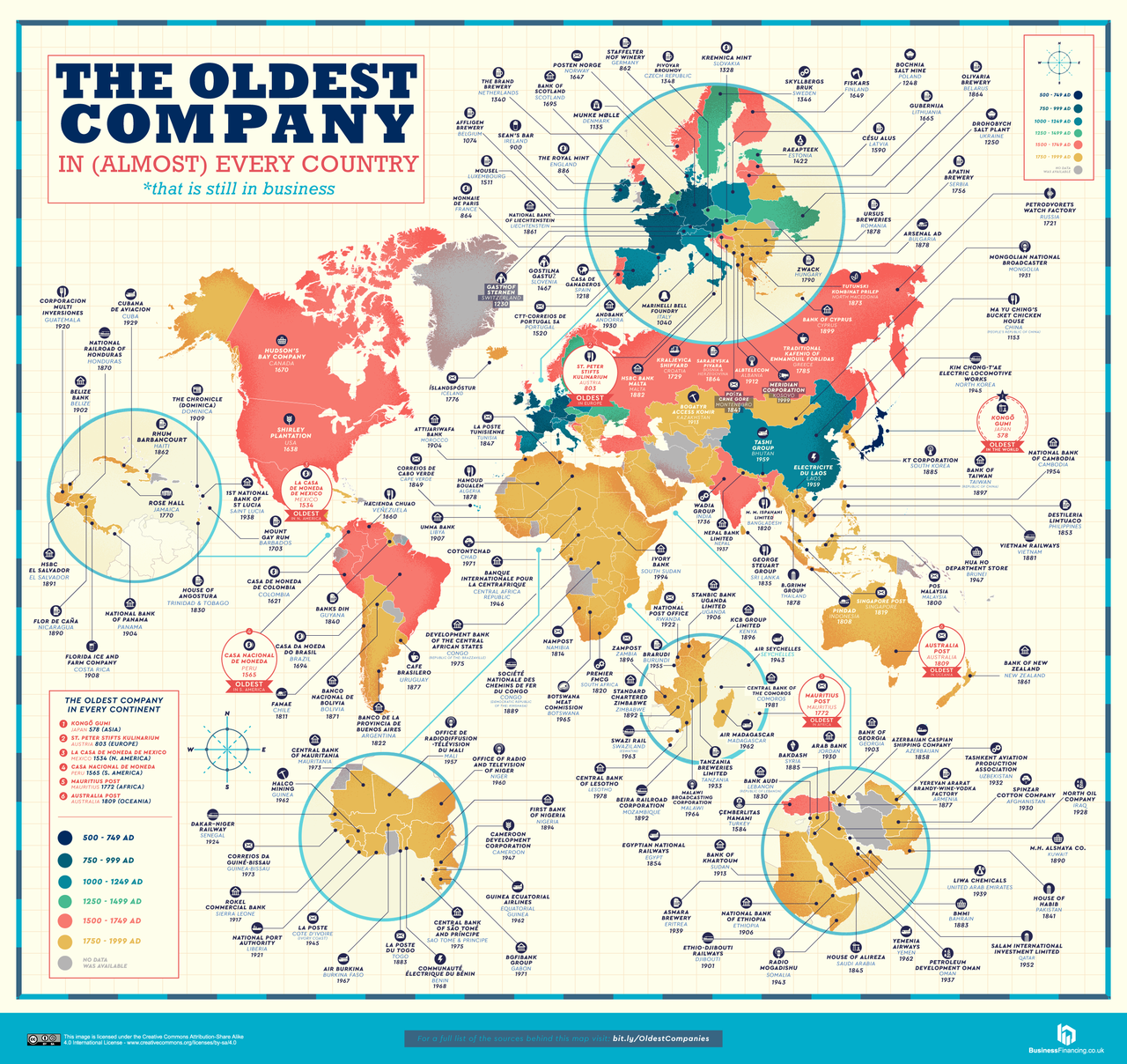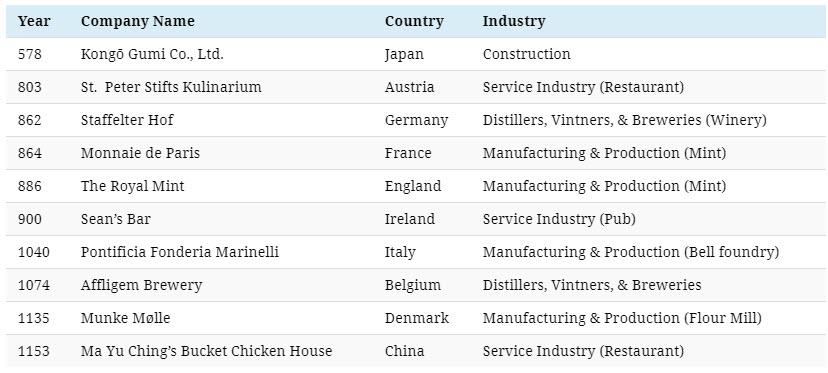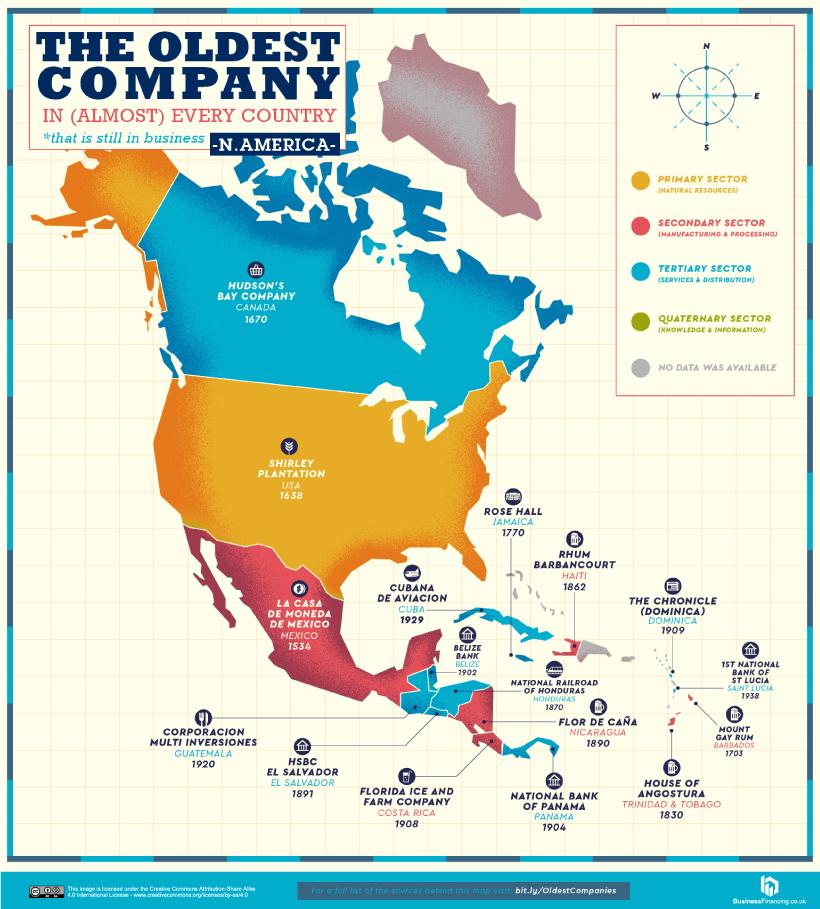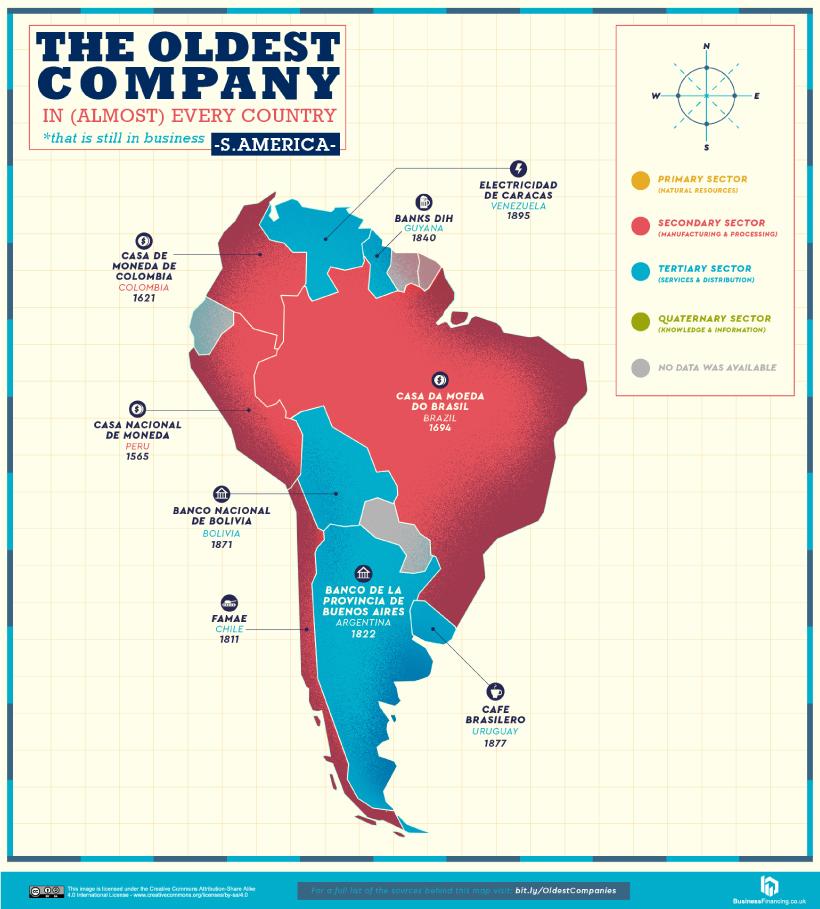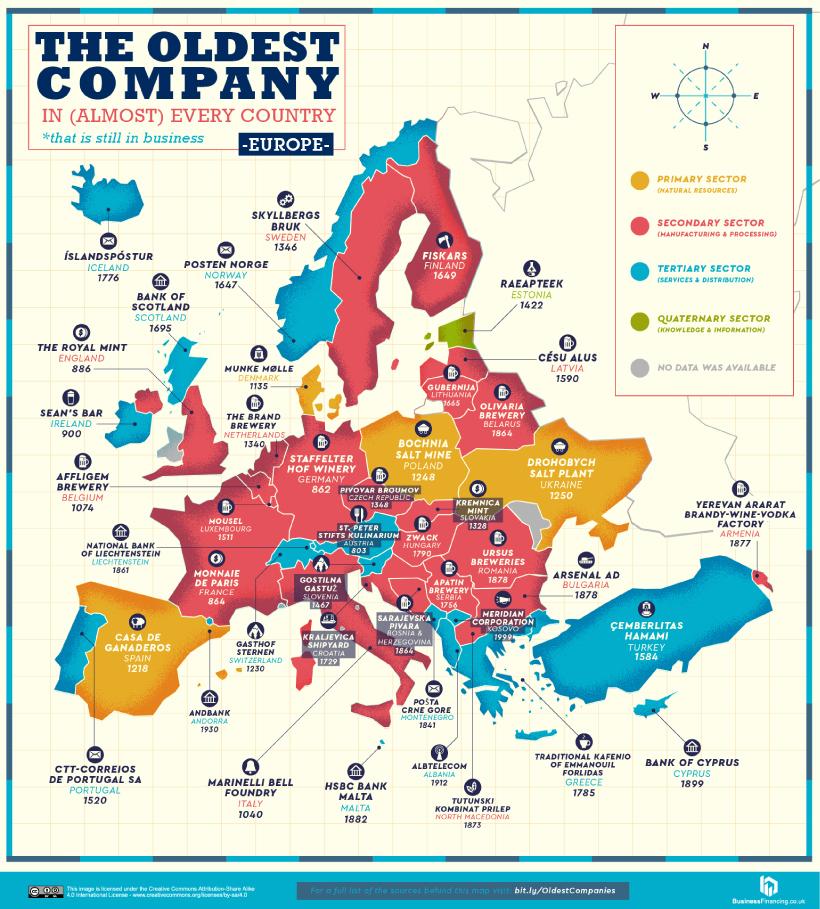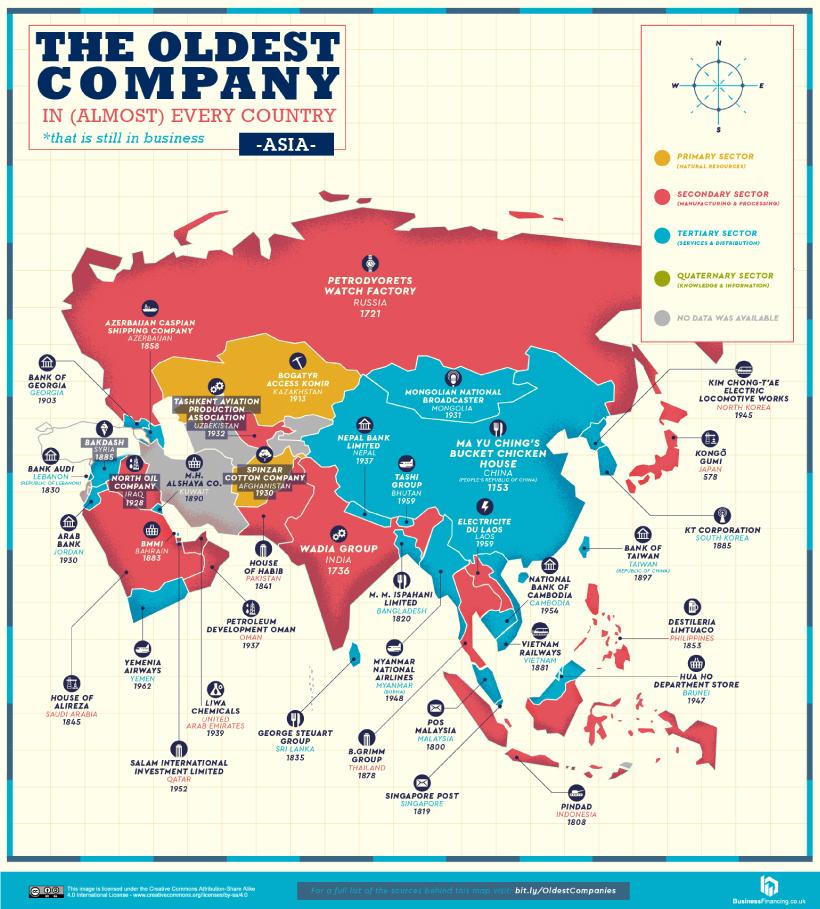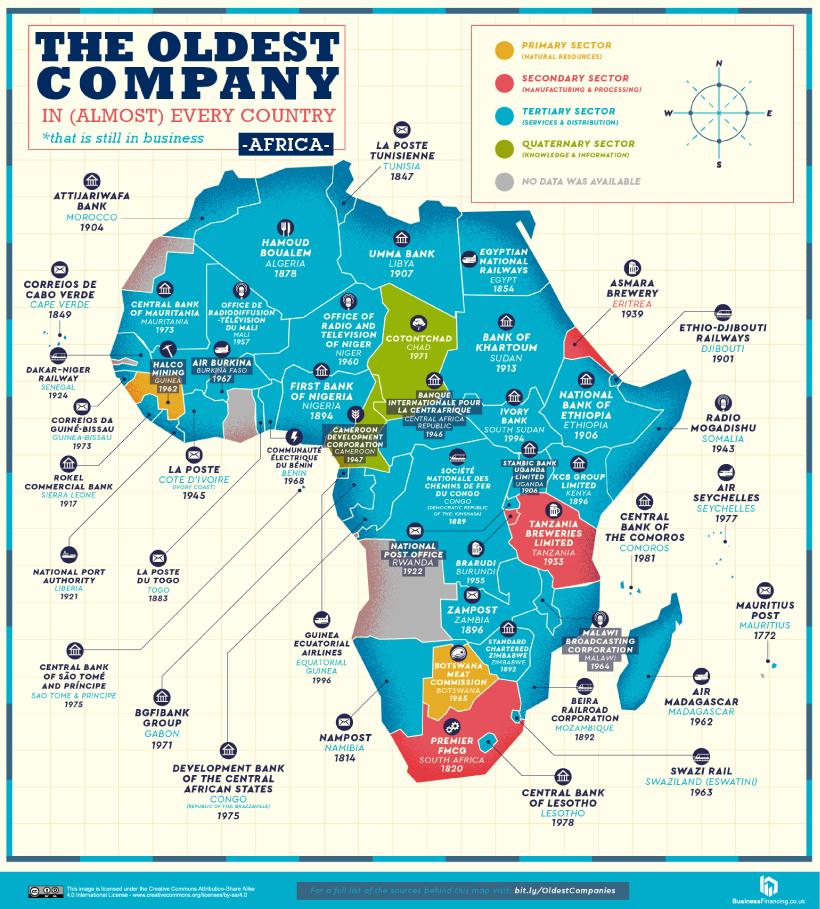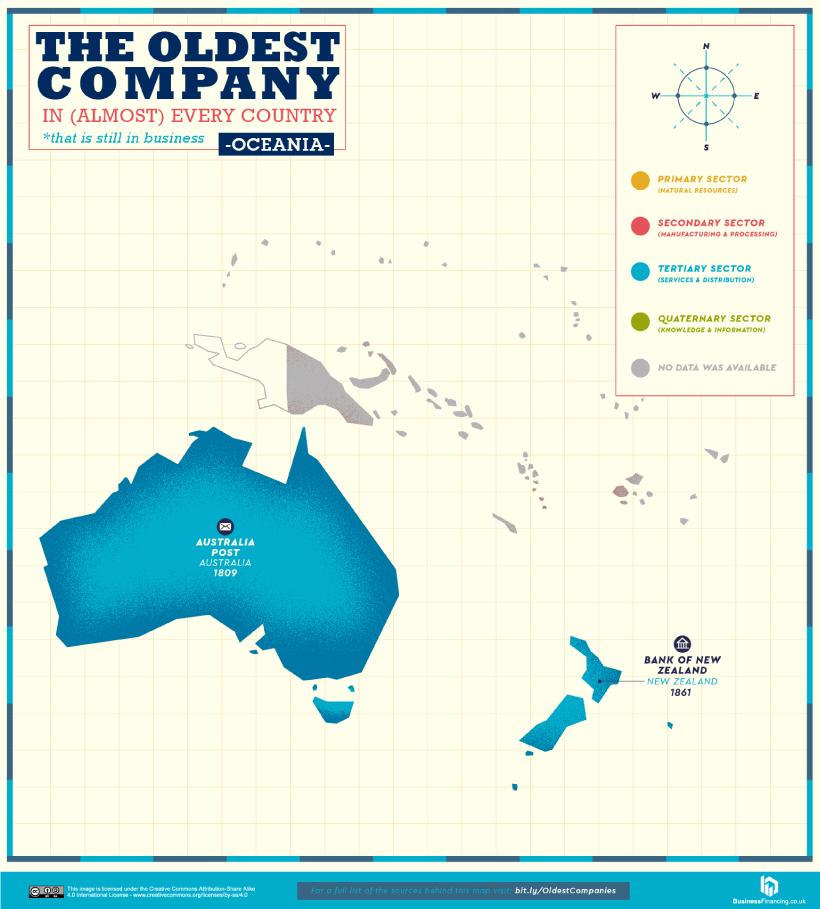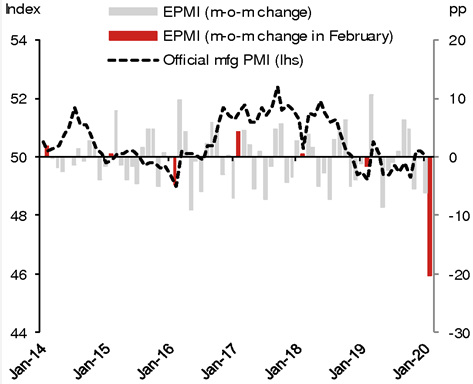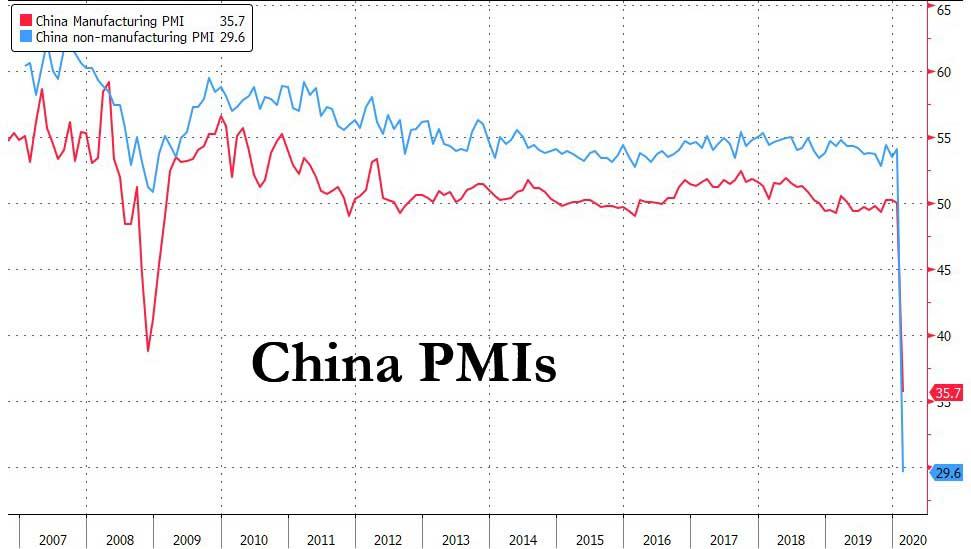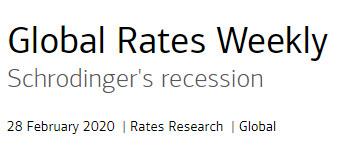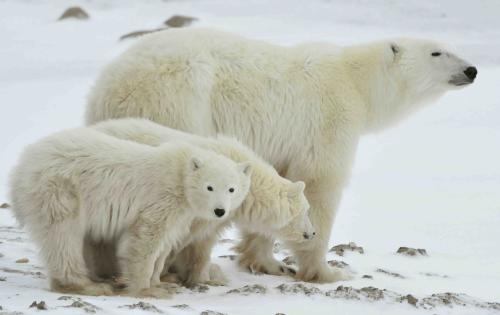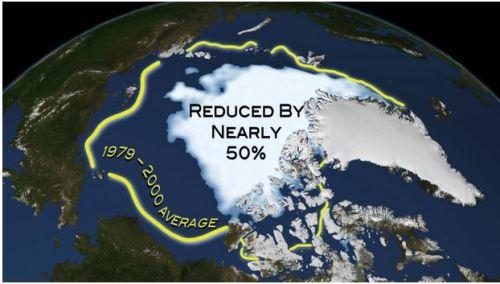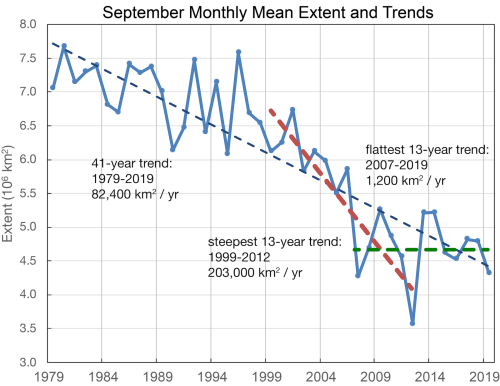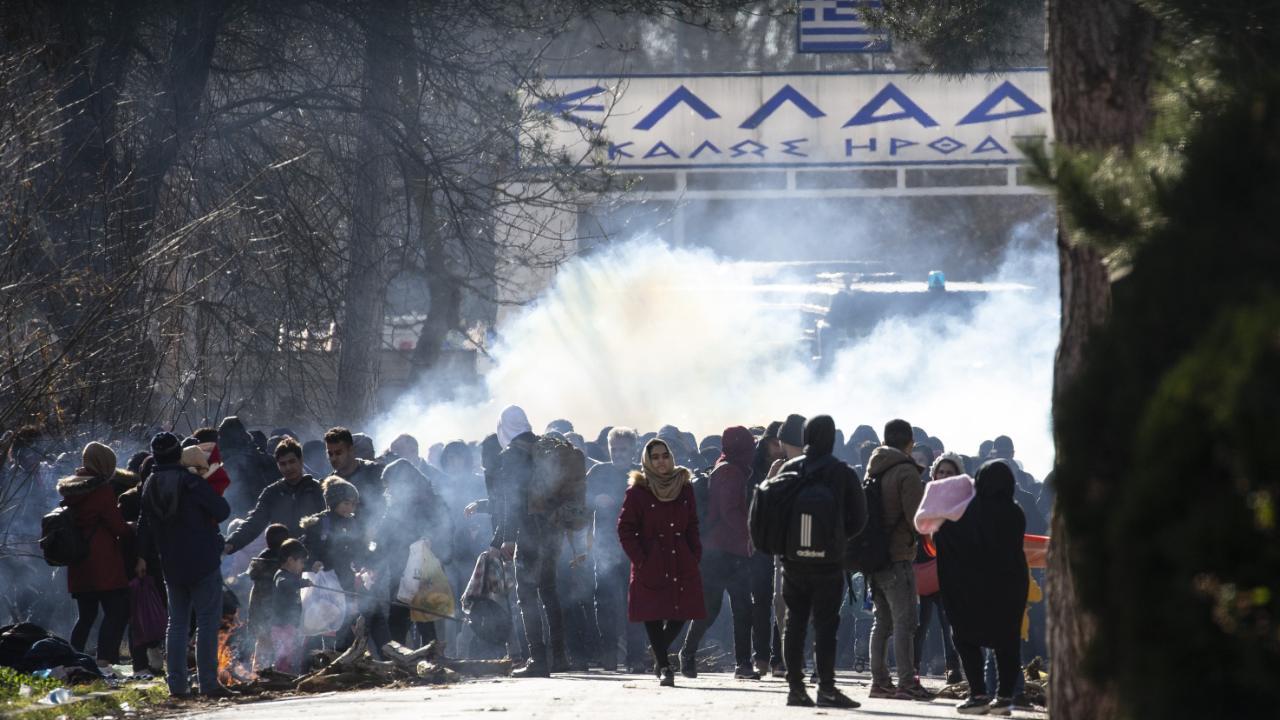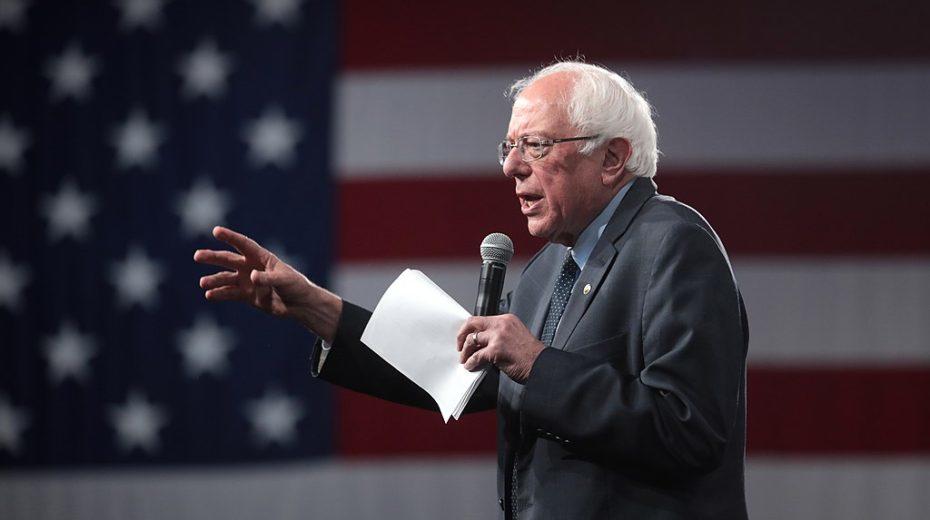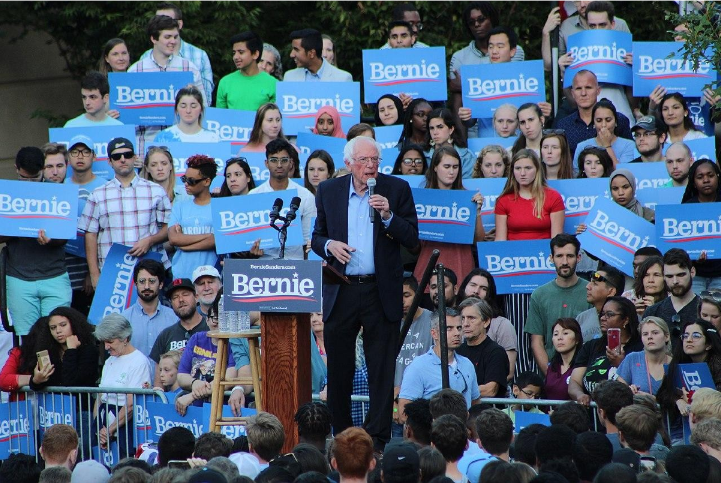Billionaire Paul Singer Seeks To Kick Out Twitter CEO Jack Dorsey
Some will say it’s long overdue. We would agree.
According to Bloomberg, billionaire Paul Singer’s activist hedge fund Elliott Management has taken a sizable stake in Twitter and plans to push for changes at the social media company, including replacing Chief Executive Officer Jack Dorsey. As part of its activist campaign, Elliott has nominated four directors to Twitter’s board, and while there are only three seats becoming available at this year’s annual meeting Elliott wanted to ensure that it nominated enough directors to fill all three seats or any other vacancies that may arise.
Initially, Elliott reportedly approached Twitter about its concerns privately “and has had constructive discussions with it since then”, although the hostile turn of events suggests that discussions were not all that “constructive.”
Elliott’s push to revamp Twitter comes at a pivotal time – just as Twitter cracks down on alternative voices, silencing and suspending anyone who disagrees with the company’s ultraliberal, virtue signaling ethos without as much as a second thought. As an example of Twitter’s unprecedented anti-conservative bias we can point to the recent tweet of the company’s associate General Counsel Jeff Rich, who in direct breach of his own employer’s Terms of Service, recently urged his followers to “cull” Trump from the herd, in what appears to have been a clear appeal to assassinate a sitting US president.
YES!! Again, this 👇 Excise the Trump cancer, then deliberate over policy differences. He is the single most destructive force against our system of government, way of life and American values EVER! He must be culled from the herd. ASAP! https://t.co/MVfdAylV2H
— Jeff Rich (@jeffrich) February 1, 2020
We wonder what, if not that, is grounds for Twitter to conclude that someone is violating its rules against “abuse and harassment.”
Not only has twitter taken to silencing voices that its own employees disagree with, while falling prey to foreign powers as demonstrated by the company’s Saudi Arabia infiltration, which may have culminated with the murder of Saudi dissident Jamal Khashoggi, but the company has also fallen behind on innovation, choosing to focus on its “core service”, while other social media competitors like Snap and Instagram develop filters and stories popular with their users.
Besides Elliott, Twitter has been a target for several activist investors over the years as the company has one only class of stock, which means co-founder Dorsey doesn’t have voting control of the company like Facebook Inc.’s Mark Zuckerberg or Snap co-founders Evan Spiegel and Bobby Murphy.
Dorsey is one of the only people to serve as CEO of two large public companies at the same time — he also runs Square Inc. That makes him a potential target for criticism whenever Twitter stumbles. Bizarrely, the “woke” CEO also said he plans to work up to six months a year in Africa.
As Bloomberg notes, Elliott isn’t the only investor to voice concerns about Dorsey and Twitter’s governance. Last December, outspoken NYU marketing professor Scott Galloway penned a letter about his own concerns as an investor in the company.
“To be clear, my primary objective is the replacement of CEO Jack Dorsey,” Galloway said in an open letter to the company’s executive chairman, Omid Kordestani. “However, your firm’s weapons of mass entrenchment include a staggered board that may force shareholders to seek to replace other directors, including yourself, first.”
Twitter stock has seesawed in the past year, plunging after its Q3 earnings which fell far short of analyst estimates. At the time, Twitter said its privacy issues involving targeting data would continue to weigh on its advertising business. The company blamed the miss on “bugs” in the way it targeted ads and shared personal information.
The good news for Twitter shareholders, if not necessarily Jack Dorsey, is that one Elliott gets involved, people get fired. Most recently, the multi-billion fund went activist on Japan’s SoftBank and said it planned to push for a larger share buyback and governance changes at the firm’s Vision Fund, which in recent years has invested billions in virtually every disastrous venture idea it could get its hands on, most notably WeWork.
Needless to say, once Jack is gone not a single tear will be shed on this website.
Tyler Durden
Fri, 02/28/2020 – 21:26
via ZeroHedge News https://ift.tt/2PAYll7 Tyler Durden
